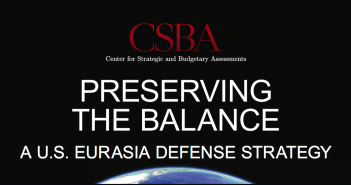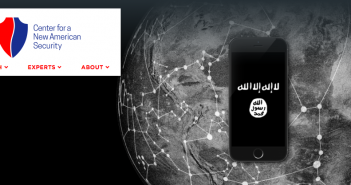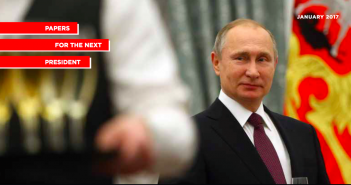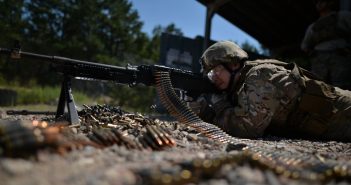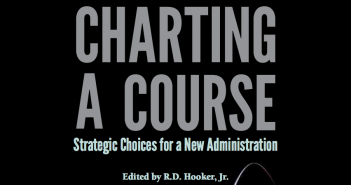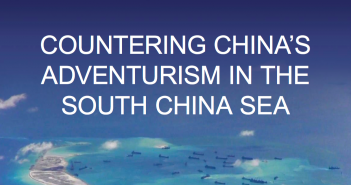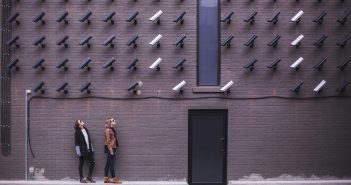Your single destination for high-quality content from top think tanks around the world. Fresh reports and analysis as they are released to ensure valuable thought leadership work isn’t lost in the daily noise.
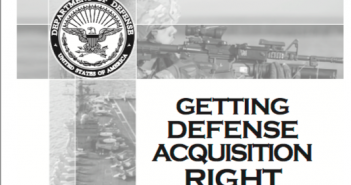
DoD: Getting Defense Acquisition Right
Read the Report – In “Getting Defense Acquisition Right,” Frank Kendall, the Obama administration’s under secretary of defense for acquisition, technology and logistics, discusses how to improve the defense acquisition.

